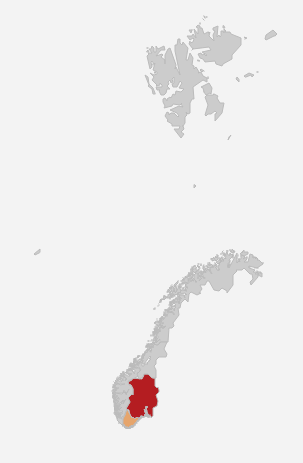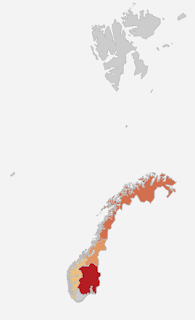I am of Jewish descent. Not Jewish, as my Jewish heritage comes from my paternal grandfather, and I was not raised Jewish. But I have spent a lot of time digging into my family roots. And I know I have only scratched the surface. Each time I learn something new about what was done to my grandfather's people, it hurts just a little bit more.
The dialogue about the holocaust is very cut and dried. The Nazis killed as many Jewish people (and others) by putting them in camps. By putting them in "showers." But that narrative leaves out so much. So very much. There wasn't one camp, not even one camp per country or region. There were hundreds of camps all over eastern Europe. And before the camps, there was a string of events that eventually led to the camps, which were the "final solution." The key word there is "Final." They knew what they were doing, and had been doing it all along. And on every step of the way, they killed off thousands. And I wish I was exaggerating.
As soon as the Nazis came into power, it became acceptable for gentiles to harass, harm, and in any other way hurt Jewish peoples and their businesses. This culminated in 1938 in an event now called Kristallnacht, a pogrom focused on Jews across the German empire at the time. Pogroms had existed against Jewish people for some time, though the word we know comes from Russian and is defined as: 'to destroy, wreak havoc, demolish violently.' They were specifically used against Jewish people as a way to control or decimate their numbers. This night was only special in how wide-spread it was across Germany.
Even before 1938, Jews were fleeing Germany, desperate to escape what the Nazis were doing to them. Papers in England and America are full of ads begging for help to flee Germany, or to at least take on their children. Anne Frank's father famously applied for a visa to the US and was denied. But people say that no one could possibly have known what the Germans were doing. People knew. They just didn't care. To them, Jews weren't important enough.
My grandfather's family left Germany in 1933 and fled to France until his father was able to get them a visa to America and arrange money for a passage there on a boat. We were the lucky ones. His father's side of the family were all in England or America, so they were safe. His mother's side weren't quite as lucky. One of her brothers vanished shortly after World War I, so we do not know what happened to him. Her elder brother left Germany after his sister, and fled to South America with his wife and daughter and her family. I do know that one of her three sisters managed to reach America as well. But the youngest two were stuck. The youngest brother managed to escape, and his family ended up in Israel. Their youngest sister did not.
When we talk about these things, everyone always assumes a camp name will be attached to that death. The truth is, killings happened from the time they started this "extermination" policy. They would raid homes, kill off the "useless" ones, then pack the remaining Jews in ghettos (a term originally coined in Venice as a place where Jews were housed to keep them away from the gentiles in the city), where they were more easily controlled, abused, and killed in many ways, including sickness and famine. After a time, when the deaths were not happening fast enough, only then were they packed onto trains to the death camps. Some were killed before they even got on the trains. Some died on the trains from sickness or what had been done to them. Some were killed as they got off. Some were only killed once they got to the camps, decreed to be "useless" to the extreme labor they were going to be put to. Every step of the way, some were chosen to be got rid of because they could not be useful.
I just feel it needs to be made clear. This was not a single thing. Not even a little. The Nazis did everything they could to eradicate as many Jewish and other "unwelcome" people as they could. They were methodical and brutal. They killed millions.
Dora's sister Esther, who we lost to the Nazis, has no memorial stone. No one knows how she died. She was not in a camp. All we have of her is her son's entry to her in Yad Vaschem, a memorial place for those lost to the Nazis. She was the only one of my family I am certain did not escape. I would say that we're lucky. But that does her a disservice, because we have no way of knowing how she died, or where, or what she suffered before they murdered her.
I don't know how to end this, except to say, please, don't think this was a simple, one-deal problem. This was mass genocide. And there are still people alive who know just how bad it got. Most of the victims are gone. But their families remember. And we still hurt.












